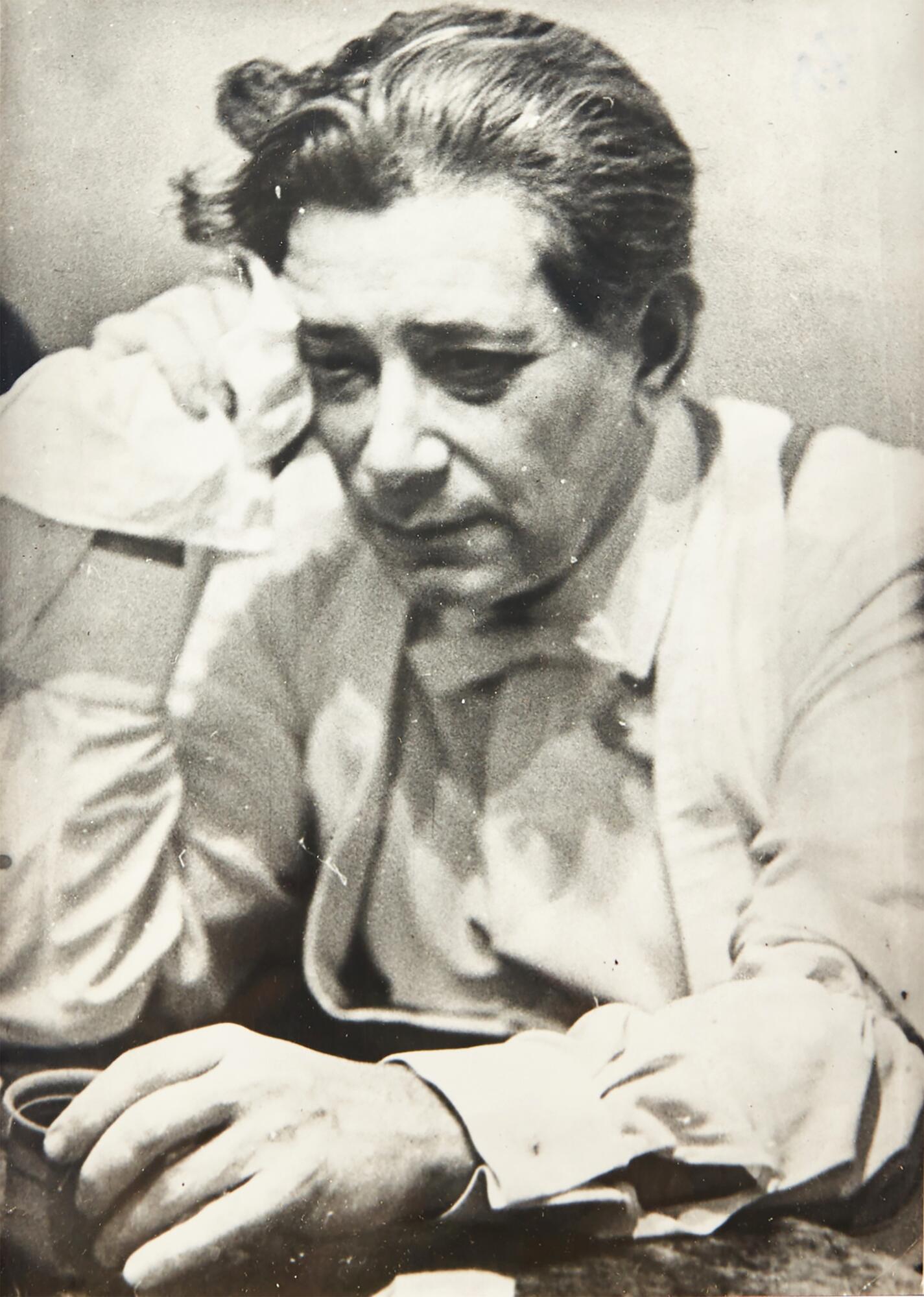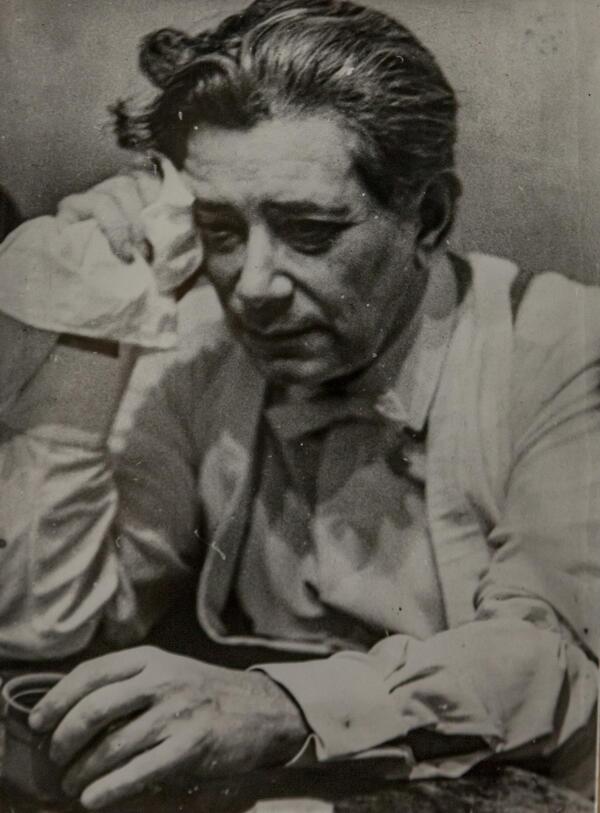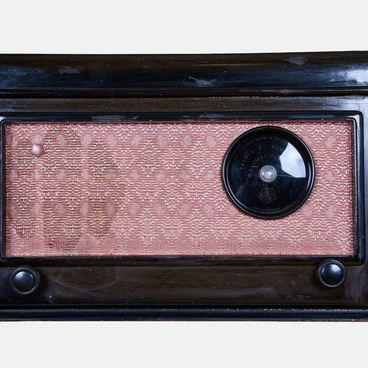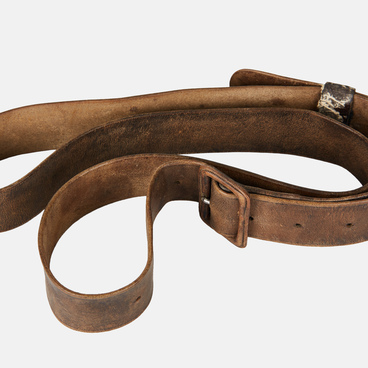At the age of 13, Ginzburg entered the conservatory. His youth coincided with the difficult time when the new state was formed, therefore, in addition to competitions and piano lessons, he had to deal with everyday difficulties: hunger, cold, and inability to study. This did not prevent the young musician from winning the fourth prize in the First International Frederic Chopin Competition in Warsaw in 1927. The jury made one more nomination especially for him.
After the competition, the name of Grigory Ginzburg became known not only in the Soviet Union, but also abroad. The listeners were impressed by his performance style — strong, precise, and confident; the reviewers showed admiration for the “powerful, all-destroying” virtuosity of the debuting artist, who, regardless of age, was “an outstanding figure on the Moscow concert stage.” Ginzburg’s pedagogical activity was also a success. Following Alexander Goldenweiser’s example, he contributed to the development of broad and multilateral interests among young students in every way possible. And, of course, he was great at teaching the piano: having a huge performance experience, he also had a fortunate gift to share it with others. According to the recollections of his students, Ginzburg was able to instill in them a highly professional culture, and taught harmony and strict order, which also reigned in his art.



